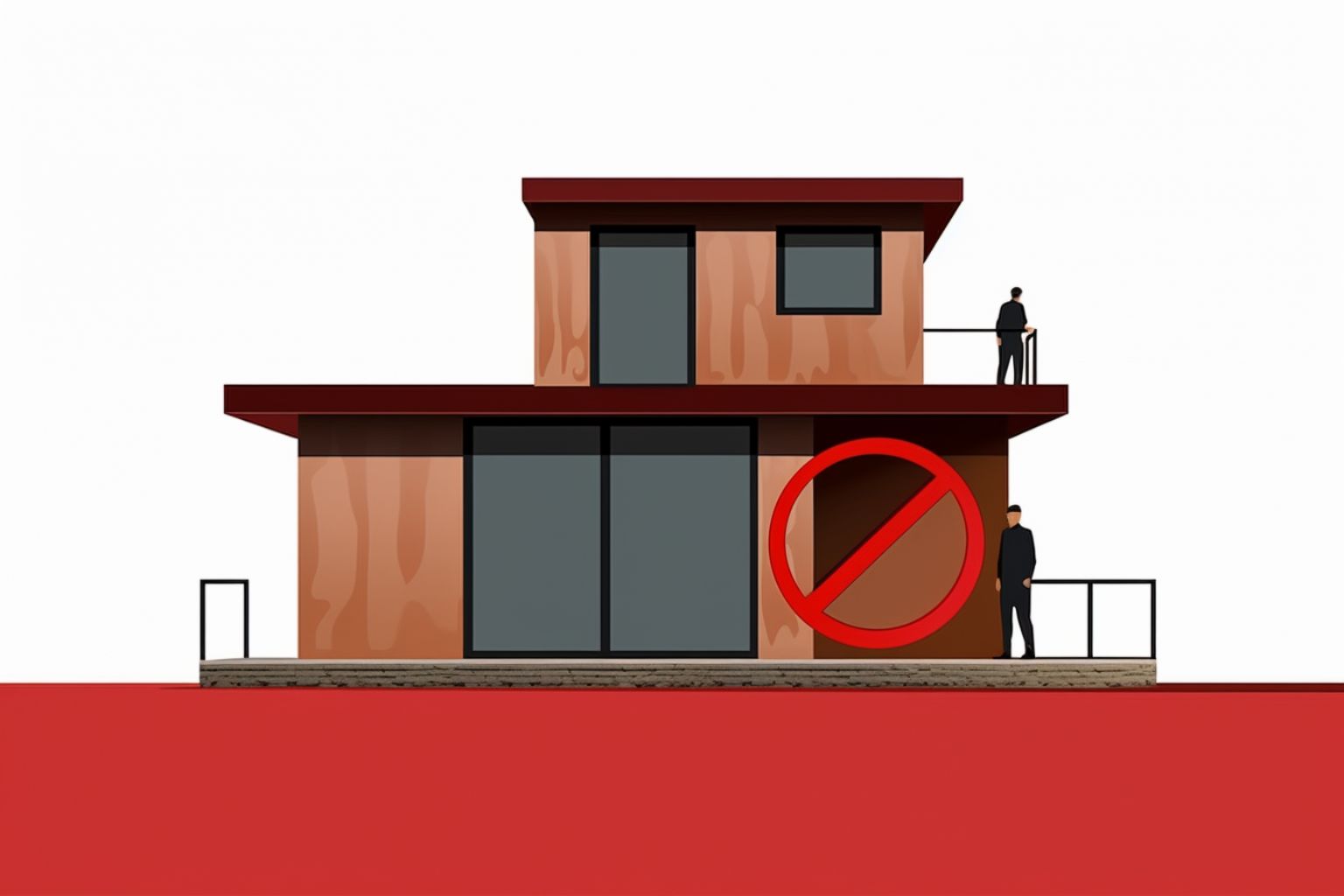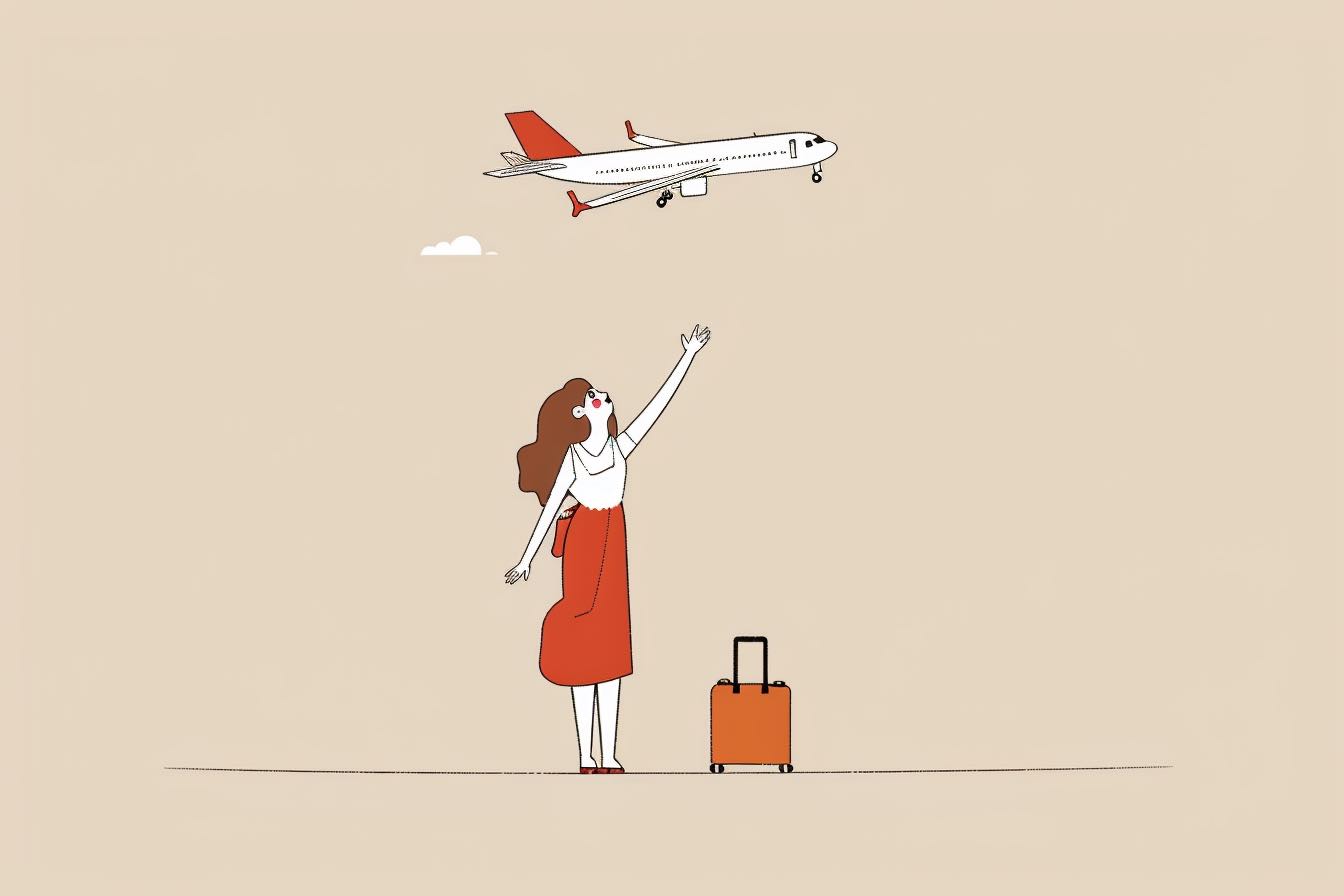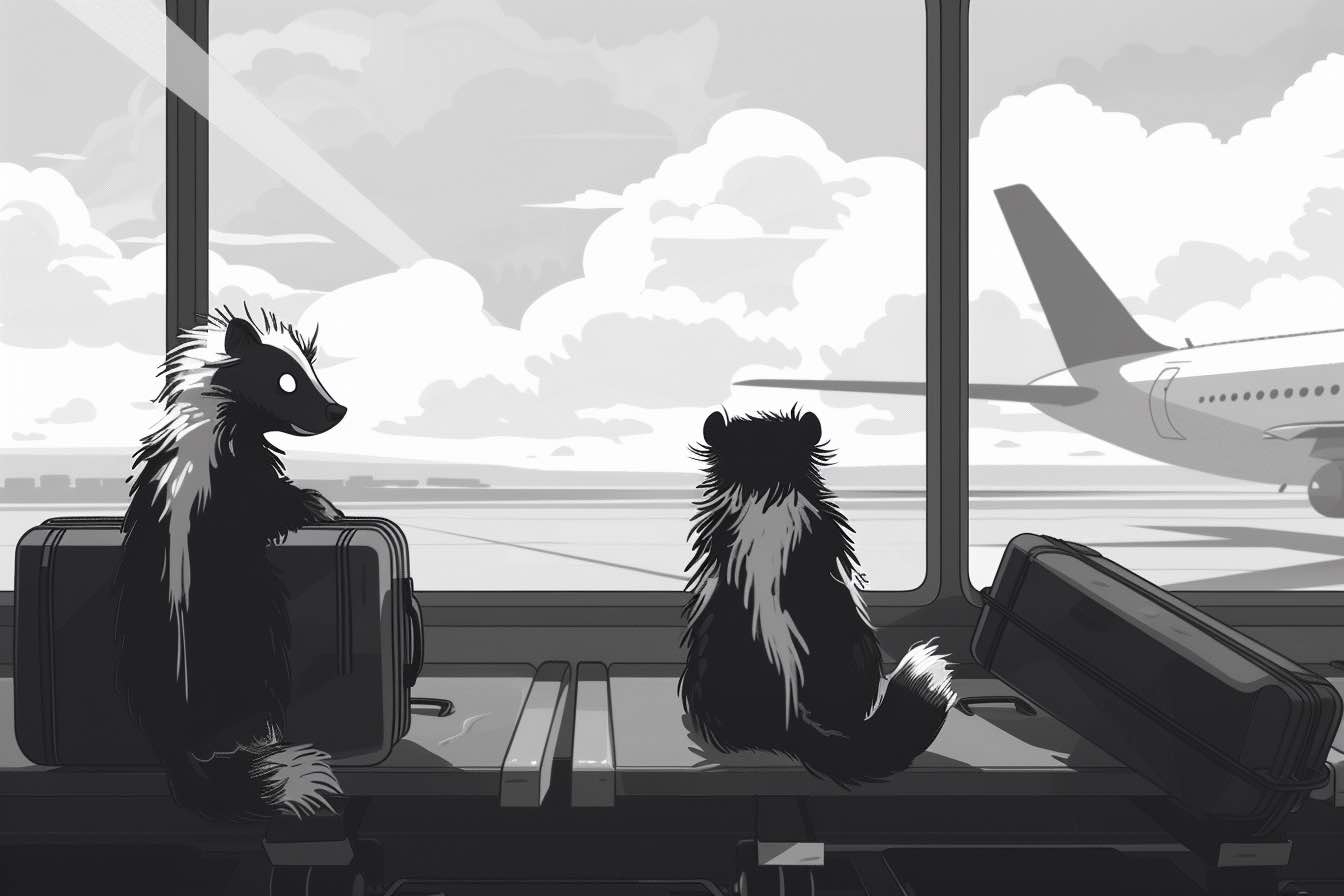One day, Erin Mahoney was a customer in good standing with Airbnb. The next day, she was blacklisted.
First, her husband Dominic received an email saying he was banned for a “privacy violation” during a recent stay. And then she was, too.
“There was no explanation,” says Mahoney, a community organizer from New York. “Airbnb will not give us any information on what happened. We have never gone into any private space, and we haven’t used Airbnb in over a year.”
Customer blacklists are a hot topic in travel. I’ve received an influx of requests to help unban travelers, mostly from car rental and vacation rental companies. Last year, Delta Air Lines called on the federal government to establish a nationwide no-fly list for passengers who misbehave on planes — a proposal that is still up in the air. Travel bans are even making an appearance on the presidential campaign trail, although we’re not going there today.
How do you get banned by a travel company? And how do you get unbanned? (Related: I’m on a car rental company’s Do Not Rent list — now they’re keeping my money, too!)
I’ll also tell you what happened to Mahoney in just a minute.
Can a business ban you legally?
In most cases, a business can blacklist you without violating the law. Companies typically have the right to refuse service and can, in most cases, ban customers without a specific reason. In the United States, the legal principle of private property rights and freedom of association allows a business to blacklist a customer.
“However, it’s vital for businesses to ensure they’re not engaging in discriminatory practices, which could violate anti-discrimination laws,” adds C.L. Mike Schmidt, a lawyer with the Washington, D.C., law firm Schmidt and Clark. “While they can ban customers without explanation, they should do so within the confines of applicable laws and regulations.” (Here’s what you need to about travel advisors.)
How do you get banned by a travel company?
There are three main ways to get blacklisted by a travel company.
1. An unpaid bill
That’s by far the most common reason. It happened to Jeffrey Shankman after he rented a car from Hertz in Palm Beach, Fla., recently. There were some extra charges on his bill, but a credit card glitch stopped the payment from going through. Hertz promptly added him to the Do Not Rent List.
“I paid my bill after I returned the car, including all the fees,” says Shankman, a contractor from Delray Beach, Fla. After I showed Hertz evidence of his payment, it allowed him to rent again.
2. Unacceptable behavior
If you threaten an Airbnb host or take a swing at a flight attendant, chances are you’ll be on a blacklist. Airlines keep their own “no fly” lists (there’s no federal list yet). Bad passenger behavior was common during the pandemic, but it’s become far less of a problem now that masking is no longer mandatory on planes.
Airbnb’s blacklist is legendary. But I’ll get to that in a moment.
3. A credit card dispute
There’s a third reason for blacklisting a customer, but it’s almost never discussed. And that is when a customer has a billing dispute with a company, files a chargeback and wins. The company then suspends the customer’s account until the debt is repaid. Ridesharing services are known to do this when customers challenge cleaning fees. You’re banned until you settle your debt.
How do you get unbanned?
Most travel companies will tell you why you’re banned — and what you have to do to get back in their good graces. It usually involves paying a bill. Yes, it’s that simple.
But it’s not always about you. You can get banned by a company because you’re associated with another customer. Companies use information such as IP addresses or shared surnames to connect customers. So ask yourself: Did someone I know get into trouble? (Related: The secret of disabled Airbnb accounts: Is it sabotage?)
Sometimes, though, companies won’t tell you why you’re on their blacklist or how to fix the problem. They’ll just send you a note saying that they’ve considered your request carefully and that their decision is “final.” But it’s usually not final.
Ask for another chance
Many companies have a formal process for asking to be reinstated. “Most airlines will allow you to submit a formal appeal to get your ban removed,” says David Doughty, CEO of Admiral Jet. RyanAir even has an online form that will allow you to submit a request. But Doughty warns that you should not use this as an opportunity to argue with the company. Just present the evidence that you’re innocent.
Follow the appeals process
Amarjeet Barnwal, a consultant to a tour operator, recently successfully advocated for one of his customers, who had been banned by Airbnb after a noise complaint. But it was an arduous process. He had to send a formal letter with character references from past hosts and a promise to adhere to all house rules in the future. “He was back on Airbnb within two weeks,” says Barnwal. “I told him, stick to their terms and conditions like your life depends on it.”
How do you get back into Airbnb’s good graces?
Mahoney’s case, like many customer blacklistings, was a little frustrating. Airbnb would not tell her why she’d been banned, even after she appealed to the company in writing.
“In keeping with our privacy policy, we are unable to disclose any information about the affiliated person, account, location, or listing that triggered this action,” a representative said.
Airbnb routinely runs background checks on its customers and anyone associated with them. It deactivates accounts that could pose a risk to its hosts. But the system isn’t perfect, and in the past it has also seemed arbitrary.
But is this Airbnb ban final?
I’ve been in contact with Airbnb for years about the way it handles customer blacklistings. The company now has a more formal process for handling appeals, according to company spokesman Aaron Swor.
“When a user has been suspended from the platform, the login page reroutes the user to an appeals form,” he says. “Once the form is completed, it is sent to the appropriate appeals team to thoroughly review the information provided by the user.”
But the system is still evolving, says Swor, and Airbnb is working to make the appeals process as effective as possible.
When I asked Airbnb about Mahoney, the company responded by sending her a message saying that “after review and discussion” it had reinstated her account and her husband’s. But the couple still doesn’t know what triggered the ban — and they probably never will.
About this story
We’ve received so many requests from our readers asking for help after being blacklisted, so I just had to write this story. I hope this will help travelers avoid trouble (and if not, then get out of trouble) but something tells me that the banning issue will get worse before it gets better. Hat tip to our advocacy team, Andy Smith and his editing team, and Dustin Elliott for the illustration.




